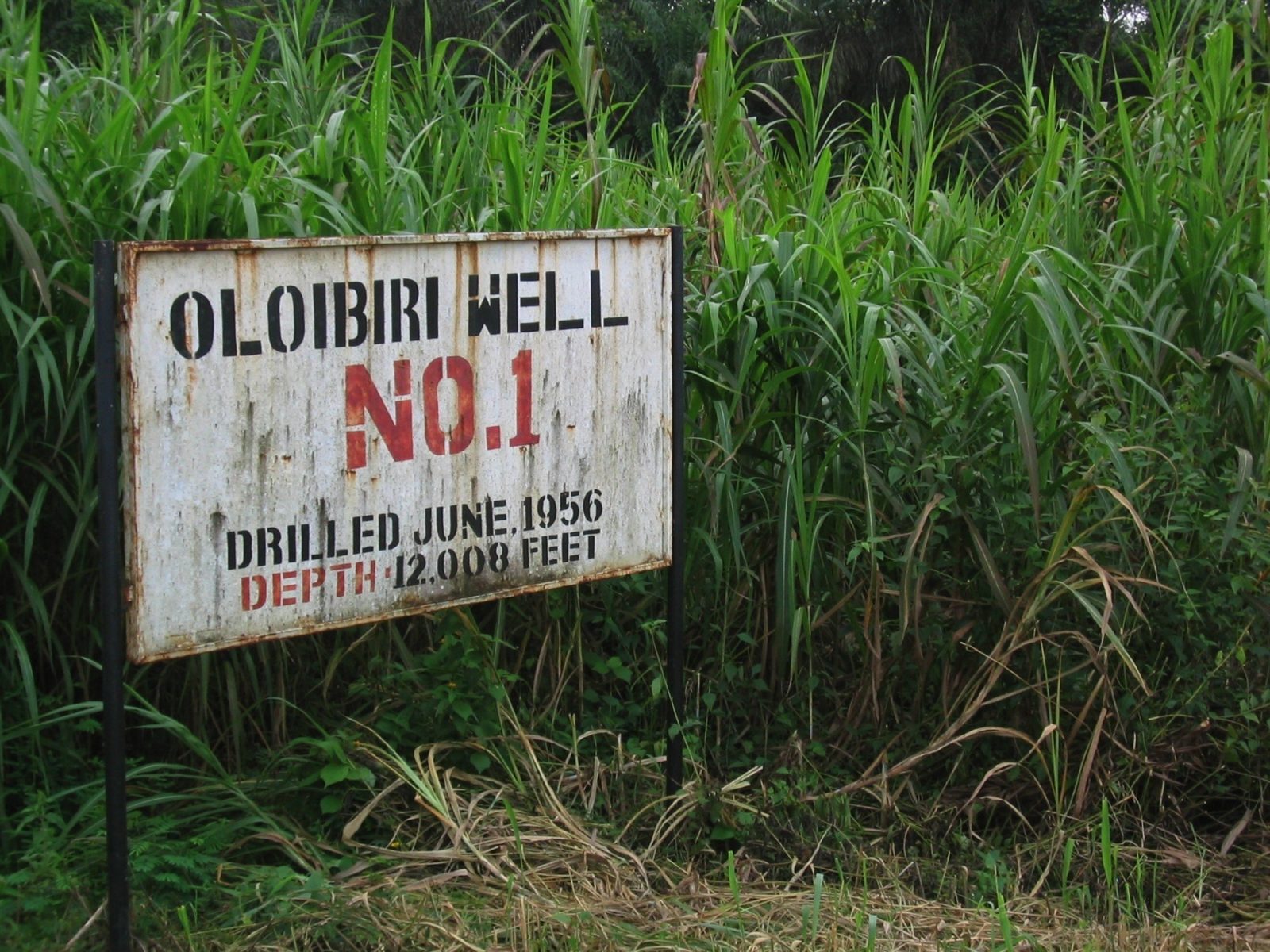On paper the Nigerian Freedom of Information Act 2011 appears simple and straight forward. However, when it comes to application and enforcement there are difficulties in getting the required information, I don’t know if it is the same with other countries that have the Freedom of Information bill.
Ensuring transparency and accountability in a system that, over the years, has always been shrouded in secrecy and opacity can be daunting, if not outright difficult. A legal mind trying to understand the Freedom of Information bill will tell you that the government only releases information that they feel they want to release.
Publish What You Pay Nigeria has been seeking the release of an audit report commissioned by the Federal government to investigate an allegation of the missing $ 20 billion naira by the then Central Bank governor of Nigeria against the country’s National oil company (the Nigeria National Petroleum cooperation, NNPC). The investigation of the allegation was done by the reputable auditing firm Pricewaterhousecoppers. After the investigation, the auditing firm released the report to the Federal Minister for Finance. The country was only told of some selected sections of the report. In PWYP Nigeria’s bid to get the full findings of the report, we set in motion to look at ways of assessing the report and that is where our problem started.
PWYP wrote two letters requesting to see the audit report through the only means available – the Freedom of Information Bill. The first letter was ignored. The second letter was written specifying the relevant sections of the bill that requires that the minister honoured PWYP Nigeria’s request. The second letter was responded by the Honourable Minister, without the report, but with the advice that we channel our request to two agencies involved in the NNPC and the office of the Auditor general of the federation. We did as the Minister suggested. The two agencies in question responded – instead of releasing the report, they requested that we direct our Freedom of Information request to the Presidency and another to the Secretary to the government of the Federation. The NNPC wrote to us through their private legal counsel in a three page letter.
The work of transparency and accountability is not easy, especially in the extractive sector of most countries in the south, because of the important role that the sector plays in these economies. In addition some see civil society as irritants and an aberration. The suspicion is both with the government regulators, governments, and the private sector operators in the extractive sector. The era of disclosures and openness in government corporations in the south should be encouraged as it is the only way of ensuring accountability and a reduction in both the endemic and systematic corruption bedevilling Nigeria and other countries.
The adoption of EITI principles by countries should not only be reflected in the yearly audit and release of EITI reports but also in all the enquiries and other issues that relate to openness and accountability. This shouldn’t only apply to the extractive sector but also the internal spending of the EI regulators.
The Freedom of Information act in Nigeria, if well implemented, should ensure that civil society in Nigeria is able to follow the money and hold their governments and regulators accountable for how revenues from extractives are spent. An effective use and implementation of the Freedom of Information act would also support the adoption of the best practices in both the financial and process part of the extractive industry.
Paul Ogwu, Programme officer, Publish What You Pay, Nigeria











